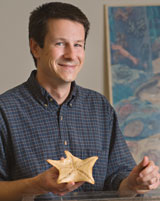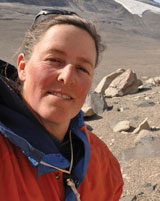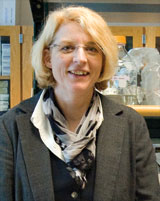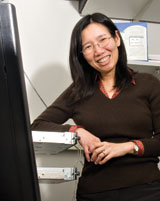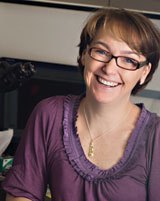Volume 27 · Number 3 · Spring 2010
Giving
Gifts provide unique opportunities through Chancellor’s Fellow Awards
Planned Giving
For Bob and Barbara Leidigh, giving to UC Davis makes sense because this campus is where their lives together and rewarding careers began.
Giving makes a difference at UC Davis in countless ways. One of those ways is through the Chancellor’s Fellow Awards, which are supported by thousands of generous donors who give to the university through the UC Davis Annual Fund. These annual awards honor and encourage the achievements of outstanding faculty members early in their careers. Each year, several fellows are selected, and each receives a one-time award of $25,000 to be used in support of research, teaching and service activities. They are also recognized with the title of “Chancellor’s Fellow” for five years. In addition to supporting these outstanding faculty as they advance knowledge in their fields, the awards benefit students by providing them with additional research and learning opportunities. We’ve highlighted only a handful of exemplary faculty from dozens of Chancellor’s Fellows to show how gifts to the UC Davis Annual Fund, and membership in the UC Davis Chancellor’s Club, makes a huge impact in the advancement of UC Davis’ excellence in teaching, research and student support.
By giving to UC Davis through the Annual Fund, donors are supporting initiatives like the Chancellor’s Fellow Awards, which in turn benefit the campus community as a whole and the many constituents who are served by the research and public service of UC Davis. Donors may give to the UC Davis Annual Fund in any amount; those who give $1,000 or more become members of the UC Davis Chancellor’s Club in recognition of their support.
Recently announced 2010 Chancellor’s Fellows include: Elisabeth Krimmer, associate professor of German and Russian; Charan Ranganath, associate professor of psychology; Xi Chen, associate professor of chemistry; and Neil Hunter, associate professor of microbiology. Read more . . .

